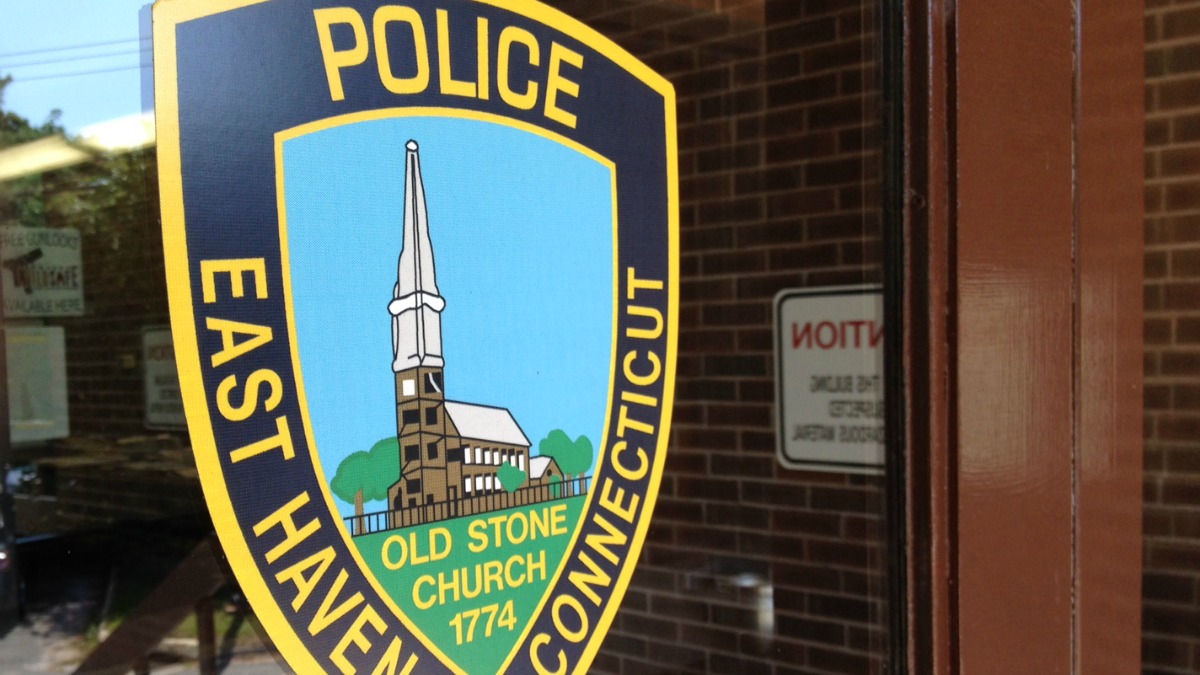
The Judiciary Committee is taking steps toward police accountability in Connecticut by releasing a draft of an act they hope to enact during the upcoming special session.
The draft, which was released Thursday, lays out a long list of proposals that include appointing a new inspector general that would be in charge of investigating deadly police shootings. It was created through the collaboration of the committee co-chairs and ranking members, Sen. Gary Winfield (D - New Haven), Rep. Steven Stafstrom (D-Bridgeport), Rep. Rosa Rebimbas (R - Naugatuck), and Sen. John Kissel (R - Dist. 7).
“If this legislature doesn’t respond to the moment, doesn’t respond to the young people who are in the streets, the message we’re spending to them is that this isn’t important," Winfield said.
The draft also mentions police training methods and certifications after officers graduate from the academy as well as creating a system for periodic mental health screenings for officers.
It also addressed transparency concerns and lays out plans to make officer disciplinary records subject to the Freedom of Information Act.
It would also require mandatory body and dash cameras, ban quotas for pedestrian stops and ban consent searches of automobiles.
At a press conference discussing the proposal Friday, Rembinas said that the committee is looking for input on the plans from the public at hearings.
Local
"We always need to make sure that what we do does not have unintended consequences," she said.
Kissel said that while he believes the draft is a great beginning of the process, he would not give it a stamp of approval, and that he still had concerns about stripping officers of too many protections, and also the fiscal impact such reforms might have on local departments and municipalities.
The Connecticut Police Chiefs Association said Friday that they were still reviewing the bill, but that some items covered may already be in place as required policies. They also noted some areas of concern, including the financial impact of changes to qualified immunity on municipalities, and also the cost of mental health evaluations and body and dash cameras.
Winfield noted during the press conference that there has been some conversation about funding body cameras through the Office of Policy and Management, but a complete fiscal analysis has not yet been done.
Anthony Rinaldi, president of the Hartford Police Union, said that from what he'd read of the bill, he considered it "terrible."
"This bill will handcuff officers not allowing them to do their jobs placing the safety of the public in harm's way," he wrote. "The citizens and business owners across the state will feel the impact of this bill. This bill protects criminals not the good citizens of the State of Connecticut. Every resident of the State of Connecticut should be calling their respective representatives to voice their concerns on this anti police bill."
Hartford Mayor Luke Bronin was one of the first municipal leaders to offer comment.
“These are significant reforms that enable strong local oversight of police departments and ensure that officers who use excessive force face serious consequences statewide,” said Hartford Mayor Luke Bronin. “We have proposed granting subpoena power to Hartford’s Civilian Police Review Board, and this legislation would allow us to do that."
"The fact that this broad set of reforms has earned the support of Democrats and Republicans says a great deal about Connecticut’s commitment to police accountability," Bronin continued.
Lamont released the following statement on the bill Friday:
“We find ourselves at an important moment in our history as a state and as a country. Following the murder of George Floyd, more attention has been paid, in a meaningful way, to other incidents at the hands of law enforcement. The time is now for meaningful police accountability reforms. I wrote to all four caucus leaders in the General Assembly in early June calling on them to address this important issue. I am pleased to see they are taking that charge seriously. I look forward to reviewing the bill and working with them to ensure meaningful reforms are implemented.”



